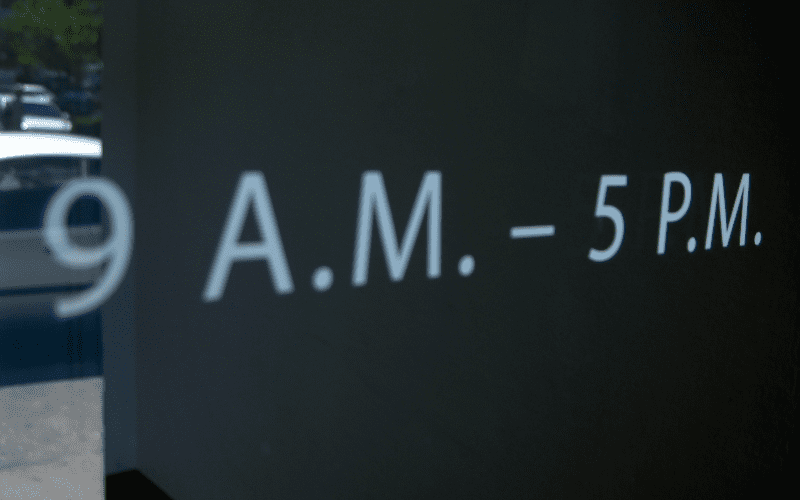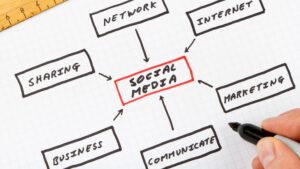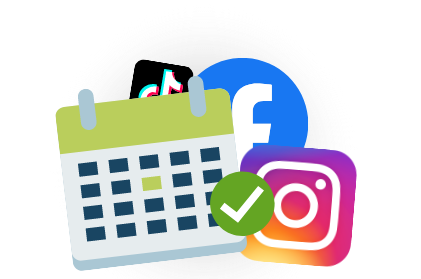Even before COVID-19 hit us, we all knew a change was brewing on the horizon. The current way workplaces operate, is likely to pivot dramatically in the next few years.
Initially we were all at least somewhat aware that technology, a shift in the core industries of our economy and a changing attitude towards the world of work was going to drastically affect how offices and businesses run.
However, we didn’t see COVID-19 coming.
Any crisis causes rapid acceleration – just look at the effect WWII had on the technology and manufacturing industries.
COVID-19 has caused companies worldwide to adapt and change the way they work, whether that’s allowing staff to work from home, training in tech skills, upskilling or operating on a smaller workfoce.
With many employees seeking to continue working from home and many industries irreversibly damaged, we’re on the brink of radical change whether we like it or not.
Let’s discuss 6 ways that the way we work may change forever:

It’s no longer all about how long you’ve been there
Experience and tenure have been huge influences on hiring and promotion decisions for forever, and of course, they’ll retain some influence.
But going forward we’re likely to see more businesses placing value in staff who dedicate themselves to continuous professional development and futureproofed skills.
For example, those who are forward-thinking may be training in more digital skills, acknowledging the need for them as their industry changes and adapts.
But those purely relying on past experiences to get them by, will soon find themselves left behind the times.
Take the past for example, in the late 1960s, the digital age began and businesses who refused to use computer data soon felt the disadvantages of remaining archaic.
In the 2000s, those who called social media a ‘fad’ and didn’t get their business on there until it was too late, missed out on a huge boost of followers.
Now we’re being forced to think of a more convenient landscape for consumers and workers through digital means – will your business rise to the challenge?
It can, if it has staff who are dedicated to continuous learning and who are flexible to change.

Hiring Remote Employees From Anywhere
If you’ve perused a job site any time in the past six months, you’ll see it’s becoming more and more frequent to see job posts advertised to remote workers.
This is because under the pressure of lockdown, many businesses have had their perceptions of home workers changed.
Business owners often were concerned that workers would lose productivity at home and become less accountable. However, studies have proven productivity actually often increases from home, as workers have a better work / life balance.
But the benefits aren’t just for workers, employers can access a much larger talent pool by advertising to applicants based across the country. This is ideal for businesses looking for niche skills.
Not only that, it’s also easier than ever before to work remotely. With software such as Zoom, Microsoft Teams, Skype and Google Hangouts, communication is a breeze.
There are also plenty of ways to project manage your workforce remotely, such as Asana, Monday and Trello.
With remote working on the rise, more tools are likely to emerge and develop in the near future too.

Say Goodbye to the 9 to 5
There are few people who claim to love the 9 to 5, in fact, there are songs written about just how much people despise it…
Many modern workplace thought leaders believe the 9-5 concept is outdated and in some industries workers are more than capable of achieving the same productivity levels in fewer hours using modern management methods and tools.
The concept of 9 to 5 has been around since the 1920s and we all know that our productivity potential has increased in the past 100 years.
Obviously there are implications of a shorter working week for many industries, but in offices, we’re likely to see a movement towards working smarter, not harder.

Flexible Working Hours
Workers often need to work at times where they can collaborate with their colleagues, but the modern world puts increasing demands on workers to fit too much into a short period of time.
Many employers are seeing the palpable benefits of allowing some flexibility in the schedule as happy workers, tend to be more productive.
If you’re worrying about missing a doctors appointment, not being able to pick up the kids, or are unable to attend a valuable industry event, the long term impact on your mental health can leave you struggling to feel enthusiastic about work.
In the future, employers will need to place more trust in their workforce to cover their responsibilities, even if that means swapping an hour here and there.
And with project tracking software that gives you visibility of your worker’s progress, why wouldn’t you?

Incentivise Workers With Goal Fulfillment, Not Just Money
As the world of social media inspires us to achieve greater goals just like the influencers we admire, more people are now being inspired to dream big.
That doesn’t mean everyone wants to quit the world of work and become an entrepreneur, but it does mean workers are seeking greater fulfillment in their lives.
Smart companies will recognise this trend and begin to offer workers rewards that aren’t just financial.
Instead we’ll begin to see workers being offered opportunities for upskilling and professional development, the chance to gain higher qualifications, opportunities to have meaningful social impact and chances to work on projects that make a difference.
Just take a look at Spotify’s annual Hack Week, where employees are encouraged to take some time away from their usual role and work together to create new and innovative projects.
Spotify’s year in review marketing project ‘Spotify Wrapped’ was born during this process and it created a huge viral success for the company.
You hired your employees for their minds, so why not let them use them?

The Rise of AI isn’t The Final Nail in the Coffin…
We’ve all heard it before; “Automation and AI will take our jobs!” and in all honesty, yes it could be true. The Oxford Martin School estimates that 47% of all US jobs could become fully automated within the next two decades.
But all is not lost. In fact, this should be seen as an opportunity. Workers will need to upskill and become digital experts, thought leaders and innovators. With less time spent on manual labour and menial tasks, this should be seen as an opportunity for more ideas and strategic ingenuity.
With more free time, workers will be able to dedicate themselves to creating and refining, and coming up with the next big thing. They should be able to spend more time learning and researching, meaning their ideas are more likely to create a great impact for your company.
This innovation will mean new industries will emerge and a better work life balance will be created. So long as your employees are allowed to pitch new ideas, think freely and create within your company culture, you could be on to a good thing.
Do you think any of these innovations will affect the industry you work in over the next five years? Let us know and join in the conversation on LinkedIn.






